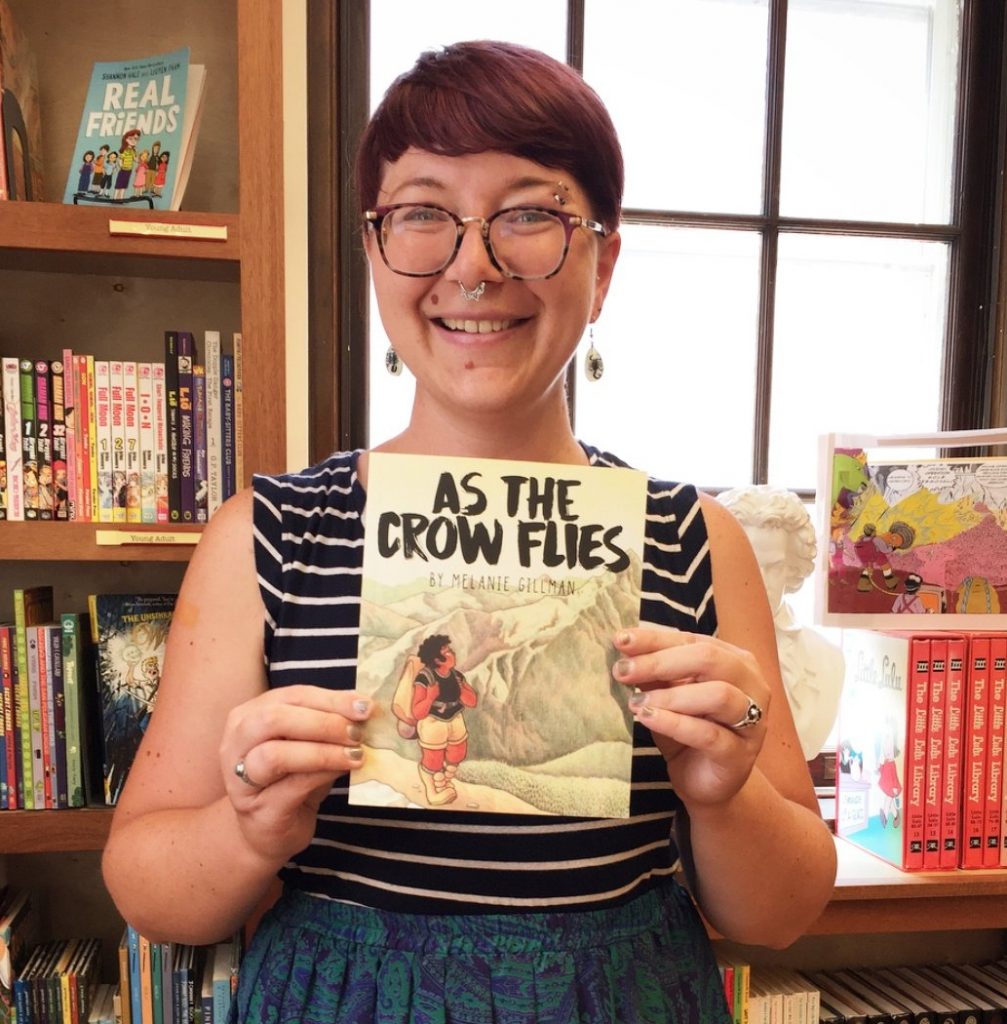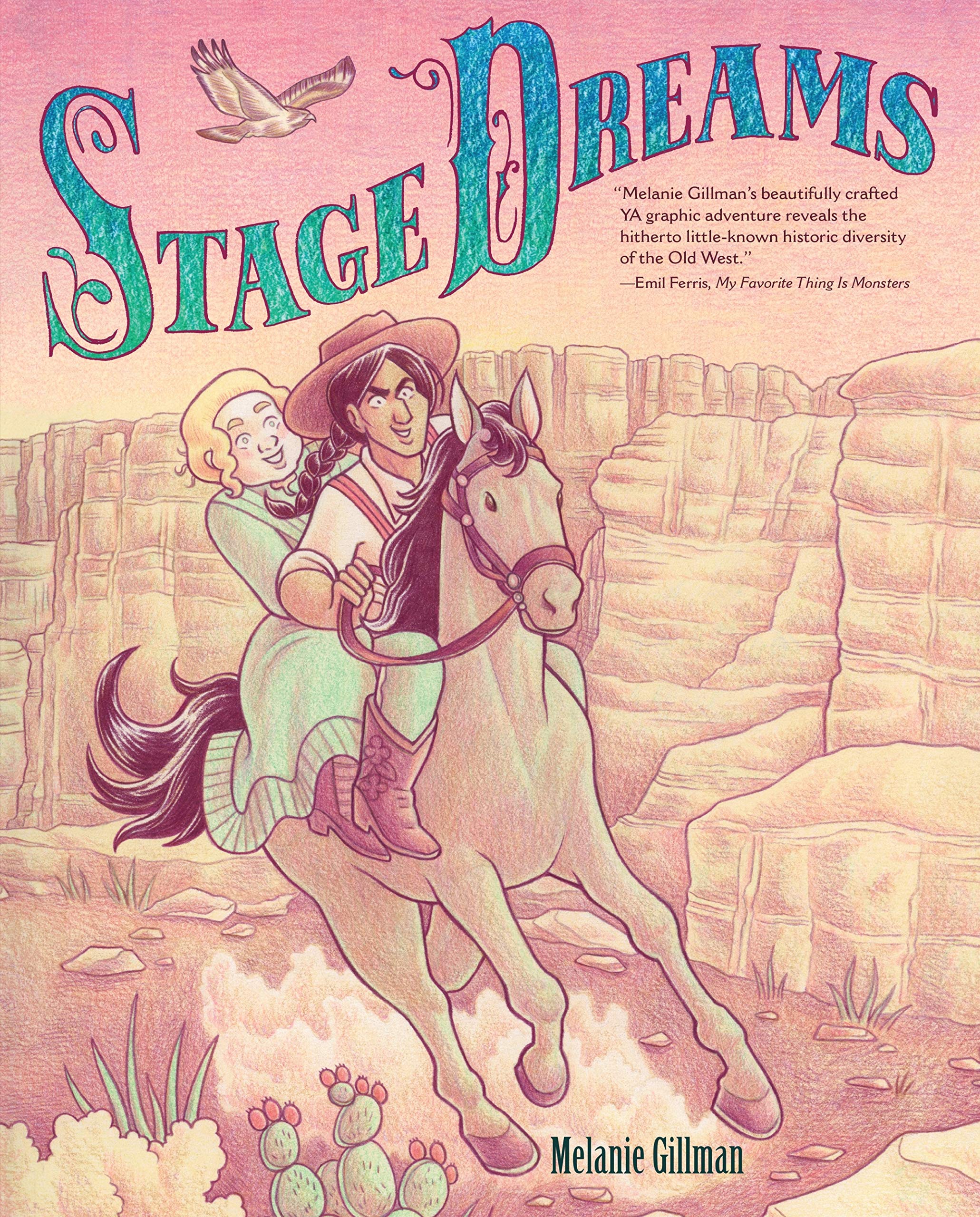You’ve been working on your comic for what probably seems like forever and finally, you feel that you are ready to share it with the world. Of course, you can always go the route of self-publishing, but that carries with it a number of obligations and expectations — printing, shipping, marketing — that you may not have the desire or the knowledge to take on. Thankfully, there are a number of amazing small press comics publishers who are constantly looking to expand their catalog and bring new voices into the world.
Unfortunately, though, as much as there are ethical publishers who want what’s best for the artists they publish, there are also bad actors who prey on the talents of young and new creators.
How do I move forward from an idea to a finished book? How should I approach the licensing of print and digital rights for my comics? Who owns the copyright for my work? How do royalties and advances work? There are a lot of questions about the publishing process, some of which are unique to comics, and some of which are standard areas of concern for working artists around the world.
Part of the goal of Fieldmouse Press, the nonprofit press that publishes SOLRAD, is to advance the comics arts. We see the continued social and economic success of cartoonists as integral to that goal. SOLRAD has devoted and will continue to devote resources to this area of focus.
To this end, we are running an ongoing feature at SOLRAD called KNOWING IS HALF THE BATTLE where we both feature an artist every week and ask for their advice about navigating the world of comics publishing, best practices for the business of comics, and other general advice.
For the initial interview series, Sarah Wray from Astra Editorial, who has worked with publishers such as Avery Hill, Liminal 11, and Breakdown Press, reached out to a number of cartoonists that she has worked with and provided them with the following prompting statements:
- The main thing(s) I expect from a comics publisher is/are…
- My #1 advice for submitting to agents and publishers…
- A sneaky red flag or shady thing I would warn new creators to look out for…
- I think it can be worth it to take a lower-paid illustration job in return for ___…
- If a publisher/offer seemed too good to be true, here’s how I’d check it out…
- An organization I’d go to for support if I needed advice or if something went wrong…
- My best tip for promoting your work online and at cons…
- To take care of your health / mental health as an artist, I recommend…
- I wish someone had told me ___ before I started working in the comics industry…
To add to the dialogue, we continue to reach out to cartoonists using this format. Today on The More You Know we’re featuring tips from Melanie Gillman.

Melanie Gillman is the cartoonist behind As The Crow Flies, published in 2017 by Iron Circus Comics. They hold an MFA in comics from the Center for Cartoon Studies, teach courses at the Rocky Mountain College of Art and Design and the Art Students’ League of Denver, and have been a writing fellow with the Tulsa Artist Fellowship program since 2017. Gillman was co-editor with Kori Michele Handwerker and a contributor to The Other Side, an anthology of 19 queer paranormal romance comics published in 2016. Also in 2016, they began writing an ongoing Steven Universe comics series for Boom Studios. Melanie is also the author of Stage Dreams, a lesbian western graphic novel, available from Lerner/Graphic Universe. They are represented by Jen Linnan of Linnan Literary Management.
You can find out more about Melanie Gillman at their Website, or by following them on Twitter or Instagram, and be sure to check out their Store.



Melanie Gillman
The main thing(s) I expect from a comics publisher is/are…
A good publisher is both a collaborator and an advocate for your book! They should be working alongside you to help make your book the best it can be and to get it into as many readers’ hands as possible. Communication is key to both of those elements — they should be responsive, easy to talk to, and open to discussing your ideas.
My #1 advice for submitting to agents and publishers…
Don’t feel like you have to say yes to the first offer or first publisher that comes your way! As a creative, one of the strongest negotiation tactics we have at our disposal is our ability to say no and walk away. I didn’t realize it at the time, but one of the best things I did for myself in the early years of my career was turn down offers from publishers who were trying to give me less-than-ideal terms based on my lack of experience. I held out for better offers, and eventually got them – it just took time and patience. Keep in mind that any publishing contract should, at bare minimum, be offering you a better deal than you can offer yourself as a self-publisher.
A sneaky red flag or shady thing I would warn new creators to look out for…
Always be cautious of things that look like form emails, especially from prospective agents. Graphic novels are growing right now, which means there are a lot more opportunities out there for new artists, and lots of literary agents are looking to grow their client list — and that’s great! But there are a few shady agents out there who try to build their client lists by phishing and mass-emailing young cartoonists. That’s almost always a red flag. Research agents carefully and talk to some of their current/former clients before you agree to anything!
I think it can be worth it to take a lower-paid illustration job in return for ___
I’ve occasionally done lower-paid or free illustration work for organizations or causes I really believed in. I know a lot of people say “don’t work for free!” but I think a better way to think about it might be “don’t work for free without a very good reason.”
If a publisher/offer seemed too good to be true, here’s how I’d check it out:
Research! Talk to other people who’ve worked for that same publisher on similar projects, and see what they have to say. Also, always bring in a lawyer or an agent if you want a professional’s opinion on a contract – it can save you so much heartache in the long run.
An organization I’d go to for support if I needed advice or if something went wrong…
A lot of states have Volunteer Lawyers for the Arts organizations, which can be an amazing resource if you need legal help as an artist but (understandably) don’t have a lot of money to be spending on lawyers. Check and see if something like this exists in your state: https://vlany.org/national-directory-of-volunteer-lawyers-for-the-arts/
My best tip for promoting your work online and at cons…
Be yourself, and know who your target audience is! Nobody’s comic is for everybody, but everybody’s comic is for somebody. The best thing you can do to build an audience is to keep showing up, putting your work out there, and making your comics as easy to find as possible.
To take care of your health / mental health as an artist, I recommend…
BREAKS. BREEEEEAKS. Your health and happiness are going to suffer if you don’t let yourself do things other than work. Go outside! Look at a tree! Pet a dog! Talk to a friend about something other than comics! Also, on a very practical level: exercising a few times a week will go a surprisingly long way toward decreasing the chances that you’ll injure yourself by drawing. I thought my classic-cartoonist-back-pain was an inevitable, industry-wide curse until I started lifting weights every other day.
I wish someone had told me ___ before I started working in the comics industry…
The small successes you have early in your career are actually very useful, crucial stepping stones toward larger successes later on in your career, even if they don’t feel like it at the time. Publishing a story in a small-press anthology, printing a new zine, getting a handful more followers after posting a new comic online, or making a new comics friend at a convention – these are all crucial first steps, and worth celebrating. Success in any artistic field requires a lot of time and dedication; most people have to stick it out for a while. Your small accomplishments this year are going to help lay the groundwork for larger accomplishments down the road.
SOLRAD is made possible by the generous donations of readers like you. Support our Patreon campaign, or make a tax-deductible donation to our publisher, Fieldmouse Press, today.

Leave a Reply